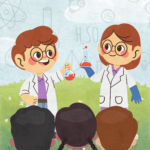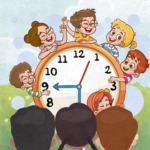Explore endless learning with this collection of 1,000 educational worksheets for kids & adults. All free to download and print! And when we say endless, we mean it! This page consolidates all the worksheets available on our website into one easy-to-navigate location, perfectly designed to meet the educational needs of any learner.
Included is a wide variety of worksheets to get your kids involved and excited to learn about subtraction, word tenses, human body, and so much more!












